Get Rich (in your repl) Fast
Your REPL, Colorized
When I want to do a quick verification on syntax or try a snippet of code, my tool of choice is often my Python REPL. But visually, the experience can be a little…sad.
While some developers take pride in using the least attractive, least GUI-fied interface possible, I actually like tech that reflects we’ve made it past Pong.

On the other hand, I love the terminal. The versatility, speed, and kindd of just the fact it’s always around makes it the tool of choice for a ton of little admin tasks, including, as I mentioned, playing around in Python.
Rich
Enter: Rich! Brought to us by the prolific Will McGugan, now of Textualize fame, Rich is a great library for bringing colorful output, including tables, tracebacks, and full-paneled layouts, to the Terminal.
But for our purposes, we’re going to rely on just a handful of lines to go from this:
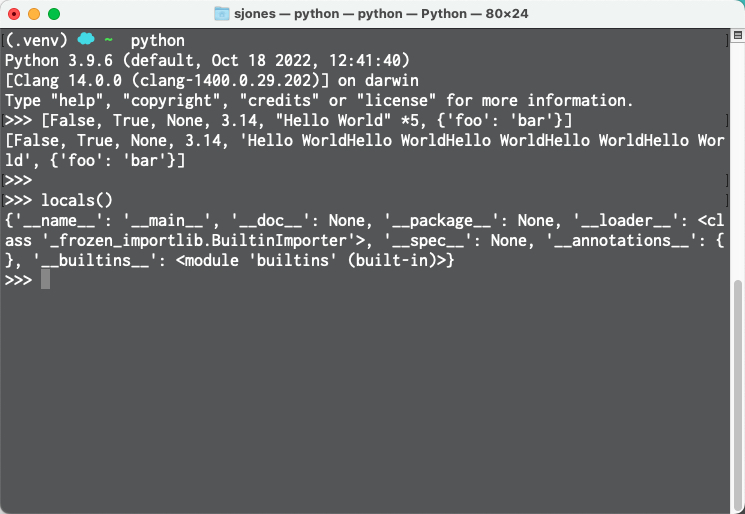
To this:
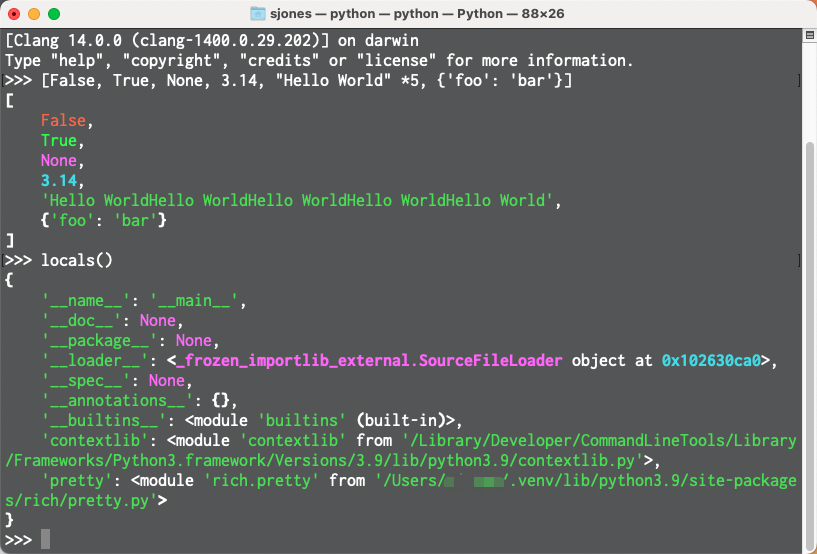
The Setup
So now you’re feeling like Dorothy pre technicolor-house-manslaughter. So let’s get into how to set this up.
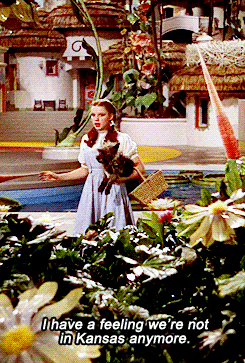 I don’t think we’re in MS-DOS anymore, Toto
I don’t think we’re in MS-DOS anymore, Toto
Install Rich
To get this to work, you have to make rich available to the Python interpreter you use in the terminal. I personally have a script to activate a venv every time I start up my shell so I keep my global Python squeaky clean. This venv includes a few key packages I use all the time, including pipx and, more importantly for our purposes, Rich.
Install Pretty
As documented in the Rich docs (which are fantastic, by the way), to get color printing in your repl, you just need to run these lines:
>>> from rich import pretty
>>> pretty.install()
Trying out some built-in types:

Make it Permanent
But we are developers. We are, per our sacred text XKCD, automators to a fault.
 Sob
Sob
So let’s make this change apply every time we start up our terminal. This is where a relatively obscure environment variables comes into play: PYTHONSTARTUP. You can set this to a filepath, and every time your Python REPL fires up, it’ll run the lines of code specified in this file.
Perfect! So we’ll create a file, call it .pythonrc:
touch ~/.pythonrc
And in throw the command to install pretty in the file.
import contextlib
with contextlib.suppress(ImportError):
from rich import pretty
pretty.install()
What’s the contextlib stuff?
The context manager suppress is the same as a try/Except/pass pattern, catching and suppressing the exception type that we pass it. In this case, I don’t want a huge traceback if I start my REPL and Rich isn’t installed in the current Python environment. With this error handling, if Rich is available we’ll use it, and if it isn’t, continue on as normal.
As a last step, we’ll save the path to our startup file in the PYTHONSTARTUP environment variable
export PYTHONSTARTUP=~/.pythonrc
Restart your shell, enter the Python REPL, and taste the rainbow.
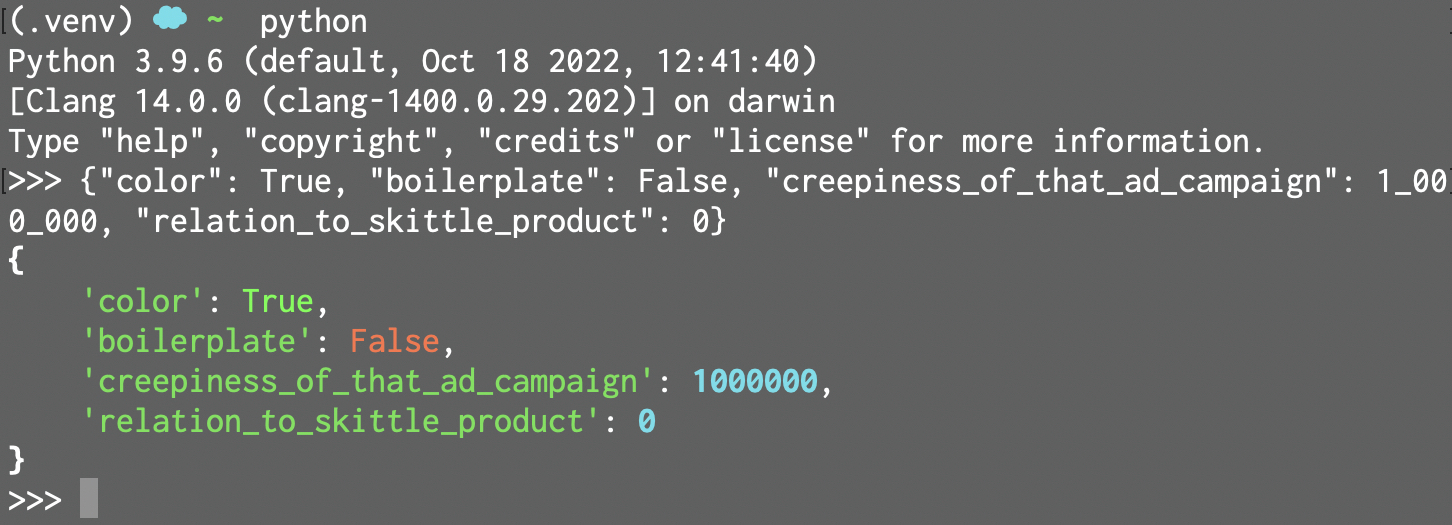
Bonus
If you get hooked on life in full color, you can easily incorporate Rich into any project with a single line at the top of your file (assuming you have Rich installed into the project-specific virtual environment).
from rich import print
This will cause any normal print statements in your code to be rendered with the same beauty that you’re now accustomed to in the REPL.
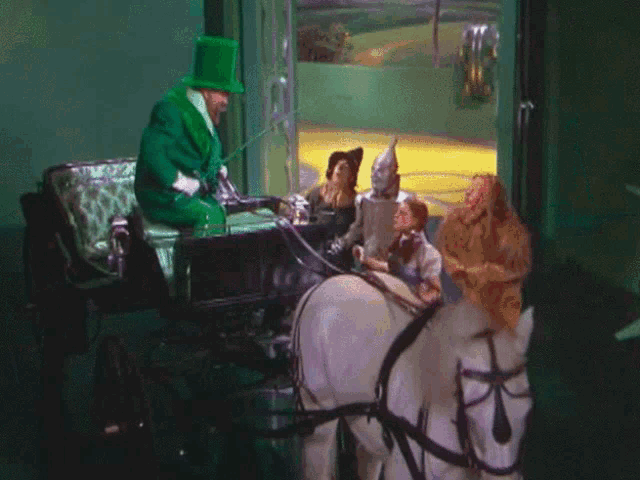
And you’re off! Happy coloring.



Comments